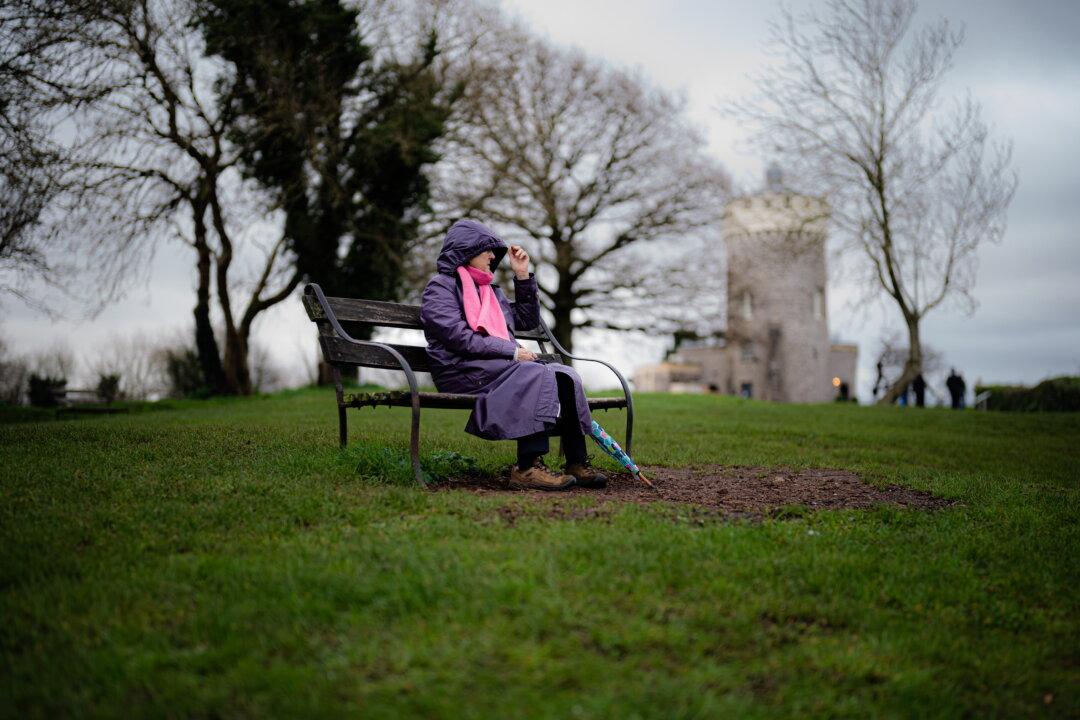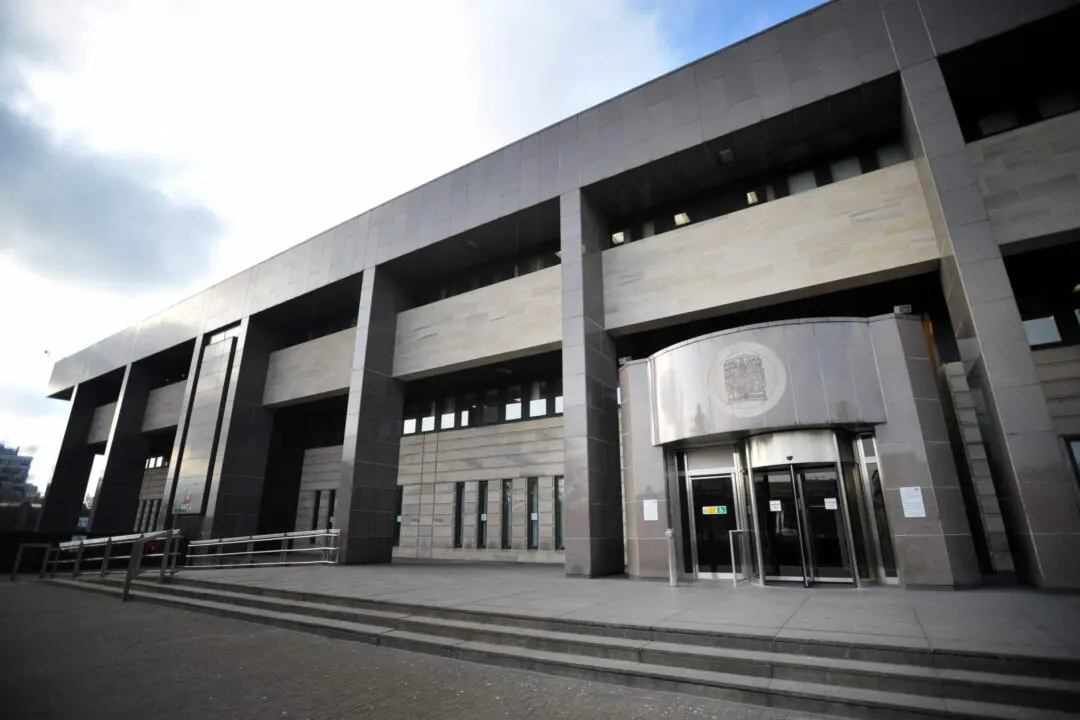The UK could see the mildest New Year’s Eve on record, with sunshine in some areas, after what is likely to be one of the dullest Decembers ever.
But despite the sun, revellers in some parts of the UK will have to brace for heavy showers in the evening.




